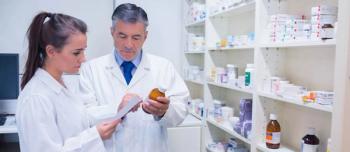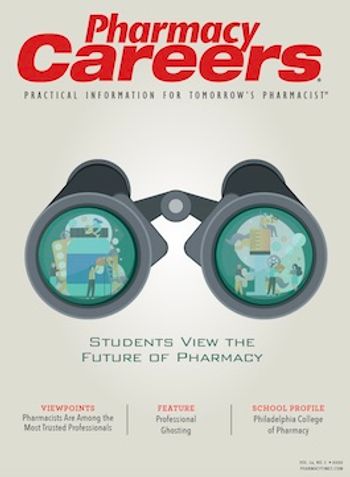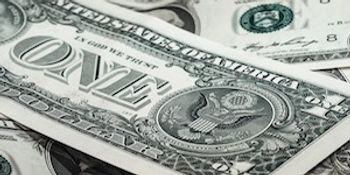
The university is entering its' bicentennial year in 2021.

The university is entering its' bicentennial year in 2021.

The internet is an innovative way to educate people about the health care profession.

What additional skills and mentorship do pharmacy students need to be successful in 21st century pharmacy? How can we make this training more mainstream?

People have many reasons for wanting to become a pharmacist, ranging from personal encounters with pharmacists and witnessing experiences of friends and family members to stories they have read online about the profession.

Match day can be one of the most uplifting, validating, and encouraging of days.

Student pharmacist leaders were also asked about the importance of a pharmacist education in obtaining advanced pharmacist roles in their careers.

One of the more important facets of maintaining and advancing your career trajectory is professional development.

Pharmacists are still among the most highly trusted in their occupations, according to the latest Gallup poll.

Pharmacy students pursuing residency programs should consider their strengths and goals.

If you are either seeking employment or want to move forward with your career, understanding the consequences of professional ghosting is a must in 2020.

By focusing on our circle of influence—that is, what we have control over—we can take charge of our careers and achieve professional happiness.

Pharmacy students have more career options than they may realize, according to pharmacy professionals at a presentation held at the ASHP 54th Midyear Clinical Meeting and Exhibition.

The third senior care pharmacist featured in this series is Craig Stiens, PharmD, cofounder of Medication Managers and COO of RxConcile.

Whatever the practice setting, the pharmacist’s day-to-day responsibilities and activities are changing.


As the role of the pharmacist in health care continues to evolve and expand, pharmacy careers are adapting to meet modern needs and challenges.

Sixteen new investigator award (NIA) winners are receiving up to $10,000 in grants from the American Association of Colleges of Pharmacy.